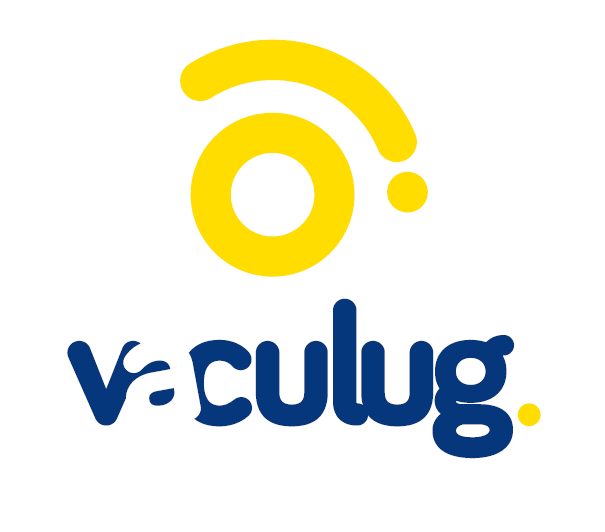

Vaculug

Lincolnshire, United Kingdom
February 2025
Rubber & plastics products
Manufacturing
United Kingdom
Vaculug is a leading provider of tire services, specializing in fleet management, retreading, and repairs. We offer comprehensive tire solutions that enhance the safety, efficiency, and sustainability of commercial fleets across various industries. Our services help businesses minimize downtime and reduce costs through high-quality, reliable tire management. We are proud to be a certified B Corporation, demonstrating our commitment to balancing purpose and profit while driving positive social and environmental impact. Our B Corp certification is a testament to our commitment to sustainability and responsible business practices. Being a B Corp aligns with our core values of responsibility, transparency, and accountability. We strive to make a positive impact on our employees, communities, and the planet. As a certified B Corporation, Vaculug joins a global community of businesses that meet rigorous standards of social and environmental performance, transparency, and accountability. Our B Impact Report is available on our public profile to provide a transparent view of how we create value for all stakeholders.
Overall B Impact Score
Governance 16.8
Governance evaluates a company's overall mission, engagement around its social/environmental impact, ethics, and transparency. This section also evaluates the ability of a company to protect their mission and formally consider stakeholders in decision making through their corporate structure (e.g. benefit corporation) or corporate governing documents.
What is this? A company with an Impact Business Model is intentionally designed to create a specific positive outcome for one of its stakeholders - such as workers, community, environment, or customers.
Workers 29.4
Workers evaluates a company’s contributions to its employees’ financial security, health & safety, wellness, career development, and engagement & satisfaction. In addition, this section recognizes business models designed to benefit workers, such as companies that are at least 40% owned by non-executive employees and those that have workforce development programs to support individuals with barriers to employment.
Community 16.0
Community evaluates a company’s engagement with and impact on the communities in which it operates, hires from, and sources from. Topics include diversity, equity & inclusion, economic impact, civic engagement, charitable giving, and supply chain management. In addition, this section recognizes business models that are designed to address specific community-oriented problems, such as poverty alleviation through fair trade sourcing or distribution via microenterprises, producer cooperative models, locally focused economic development, and formal charitable giving commitments.
Environment 16.7
Environment evaluates a company’s overall environmental management practices as well as its impact on the air, climate, water, land, and biodiversity. This includes the direct impact of a company’s operations and, when applicable its supply chain and distribution channels. This section also recognizes companies with environmentally innovative production processes and those that sell products or services that have a positive environmental impact. Some examples might include products and services that create renewable energy, reduce consumption or waste, conserve land or wildlife, provide less toxic alternatives to the market, or educate people about environmental problems.
Customers 3.0
Customers evaluates a company’s stewardship of its customers through the quality of its products and services, ethical marketing, data privacy and security, and feedback channels. In addition, this section recognizes products or services that are designed to address a particular social problem for or through its customers, such as health or educational products, arts & media products, serving underserved customers/clients, and services that improve the social impact of other businesses or organizations.